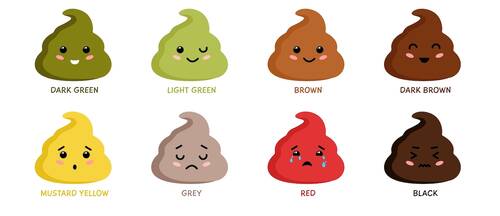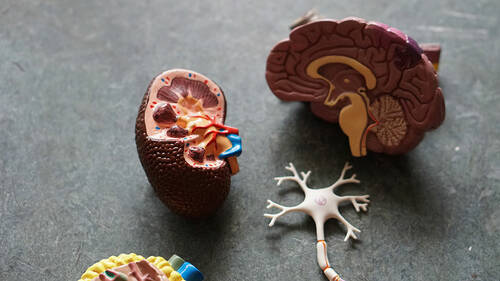1. Chest Discomfort:
The most common sign of a heart attack is chest pain or discomfort. It may feel like pressure, squeezing, fullness, or pain in the center of the chest that lasts for more than a few minutes or comes and goes.
2. Pain in Other Upper Body Areas:
Pain or discomfort may extend beyond the chest to other areas of the upper body. This can include pain in one or both arms, the neck, jaw, shoulder, or back. It's crucial not to dismiss these symptoms, especially if they occur alongside chest discomfort.
3. Shortness of Breath:
Feeling breathless, even when at rest or during minimal physical activity, can be a sign of a heart problem. It may be accompanied by dizziness, lightheadedness, or cold sweats.
4. Unexplained Fatigue:
Extreme fatigue or sudden weakness, often described as feeling unusually tired, is another early sign. This can occur even if you've had plenty of rest.
5. Nausea or Indigestion:
Some people experience nausea, vomiting, heartburn, or abdominal discomfort before or during a heart attack. These gastrointestinal symptoms can be a warning sign for some individuals.
It's essential to understand that heart attack symptoms can vary from person to person. Some individuals may experience all these signs, while others may have only one or two. If you or someone you're with experiences any of these early warning signs, don't delay seeking immediate medical attention by calling 911. Early intervention can make a significant difference in the outcome of a heart attack, and every second counts. Remember, it's always better to be safe than sorry when it comes to matters of the heart.












